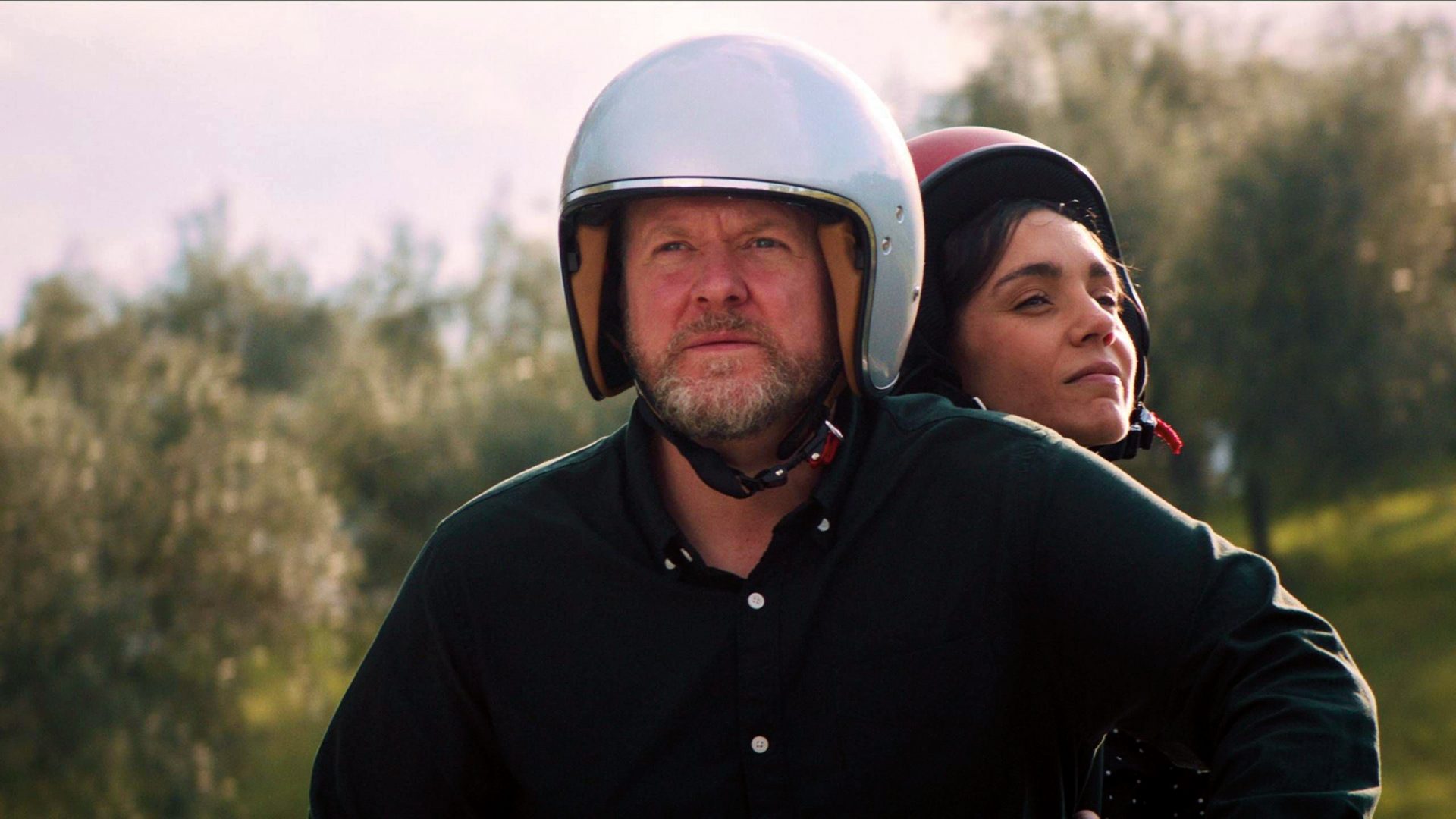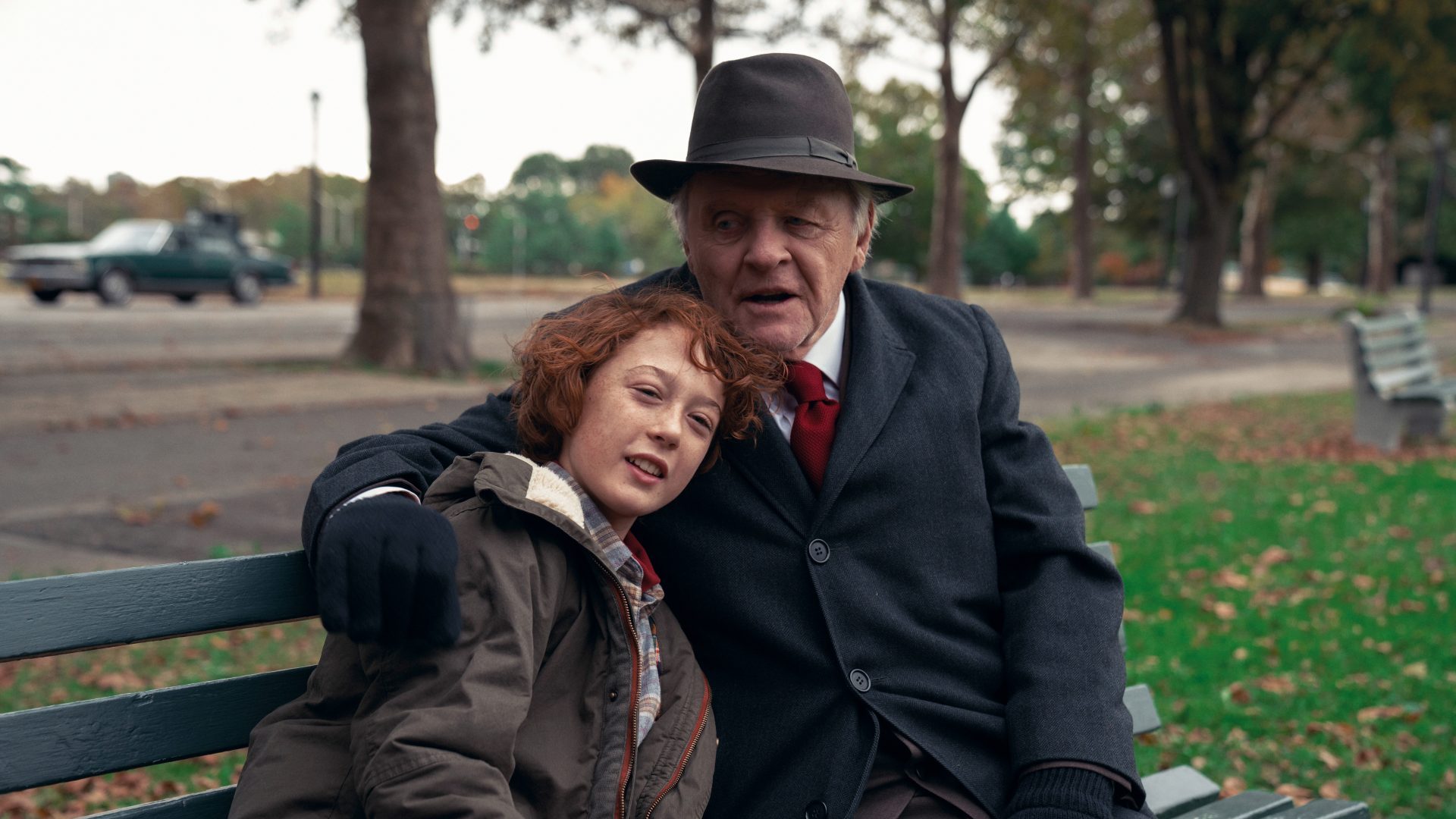I find something darkly intriguing about the way “European women” are
rendered in mass market TV and film. It struck me first while watching
Master of None, the Aziz Ansari show, during the second season as he travels
to Italy and meets an enchanting local woman to fall in love with. She crystallised that whimsical light exoticism of many such caricatures, and set me thinking about what it is that bothers me about these representations.
These fictional European women are beautiful of course, but in a natural
and humble way at odds with glossy Americans, they are connected to the
basic components of life – simple foods, nature, family – in a way that non-Europeans never could be with their over-reliance on Apple products and faith in vapid diet culture. Most of all though they are wilful and strident,
in a way that is both adorable and vaguely deranged. This is the part that
bothers me, I realised; that they are shown to be so primal and honest and
prone to uttering their every passing thought that they are basically insane,
their hallowed virtue of noble simplicity making them seem like a child or an alien, something other than an adult woman.
There are notes of this stereotype in the new Danish-Italian film Toscana, streaming now on Netflix, despite the valiant efforts by the actress playing
Sofia, Cristiana Dell’Anna, to enliven it. Toscana is, on the face of it, prime
Sunday afternoon fodder, the sort of numbingly familiar and banal story
that I reach toward in mute agony during hangovers.
Surly Danish chef Theo is a top tier restaurateur working at a Noma-like
establishment where he scolds bright-eyed kitchen staff for trying to do their
little heartfelt experiments to impress him, and seems to spend much of his
working life tweaking petals and nettles over his dishes. When the father who abandoned him as a child dies, he leaves to Theo a rambling castle estate in Tuscany which currently hosts a lovely but ramshackle restaurant and fields full of fresh delightful produce.
It’s a heavenly surrounding, but Sofia, the woman who runs it, is none too professional, slapping down haphazard troughs of cheese and tomatoes with fiery abandon (that famous European temperament!). Do the tomatoes and cheese taste delicious? Certainly, but they lack a certain chic finesse, the sort of chic finesse an elite Danish chef could provide. Sadly Theo is immune to the charms of the estate, poisoned as it is with the memory of his erstwhile father, and he decides to sell it to fund a new restaurant in Copenhagen.
Sofia, who has spent her whole life living and then working there, is devastated. Maybe, just maybe, the homespun charm of rural Italy and the
headstrong women who live there, will tempt grumpy Theo into a new way of living, loving and eating.
It’s absolutely standard fare, and frankly I expected to love it, but there is a strange discord in the heart of this film which is both promising and frustrating. Several components are actually too good, introducing an
unwelcome confusion to the cosy mundanity that is Toscana’s main draw.
The actor who plays Theo, Anders Matthesen is genuinely very good. Here he appears to have wandered on set from a more prestigious production – you could see him in Thomas Winterburg’s Another Round easily – so that Theo, who ought for the sake of this film’s atmosphere be merely rude in a humorous way, seems to authentically be in a condition of ongoing psychic trauma.
This would be all well and good if the film had a framework to support that narrative and his performance, but instead it languishes uncertainly in the generic detritus of tried and tested plot devices like a sunny moped ride, a stolen midnight kiss with someone unavailable, and a last minute disruption to a wedding.
The saving grace for me is that I am a fool for more or less any food content: Masterchef, Great British Menu, even the dire Gordon Ramsay’s Future Food Stars… I’ll watch it all.
Much of Toscana is enjoyable in the way of those shows, the pruriently peckish pleasure of watching something delicious and beautiful being carefully brought together; a good twenty minutes of Toscana are taken up by this sort of thing; the components of an opulent sandwich being painstakingly prepared, oranges being juiced over a whole suckling pig, that sort of thing. It’s not dramatic, but it is pleasant – until Sofia has to ruin it by looking at some bread in the oven and saying: “You know what the most important ingredient is? It’s love. It’s love.”
Yeesh, you think, did you really have to leave that line in? It’s jarring to have
such epically cliched moments among those where Theo’s distress is being
portrayed with seriousness. Ultimately Toscana could have done with being
much worse or much, much better – as it is, it feels as phony as that catch-all
European woman cypher.




